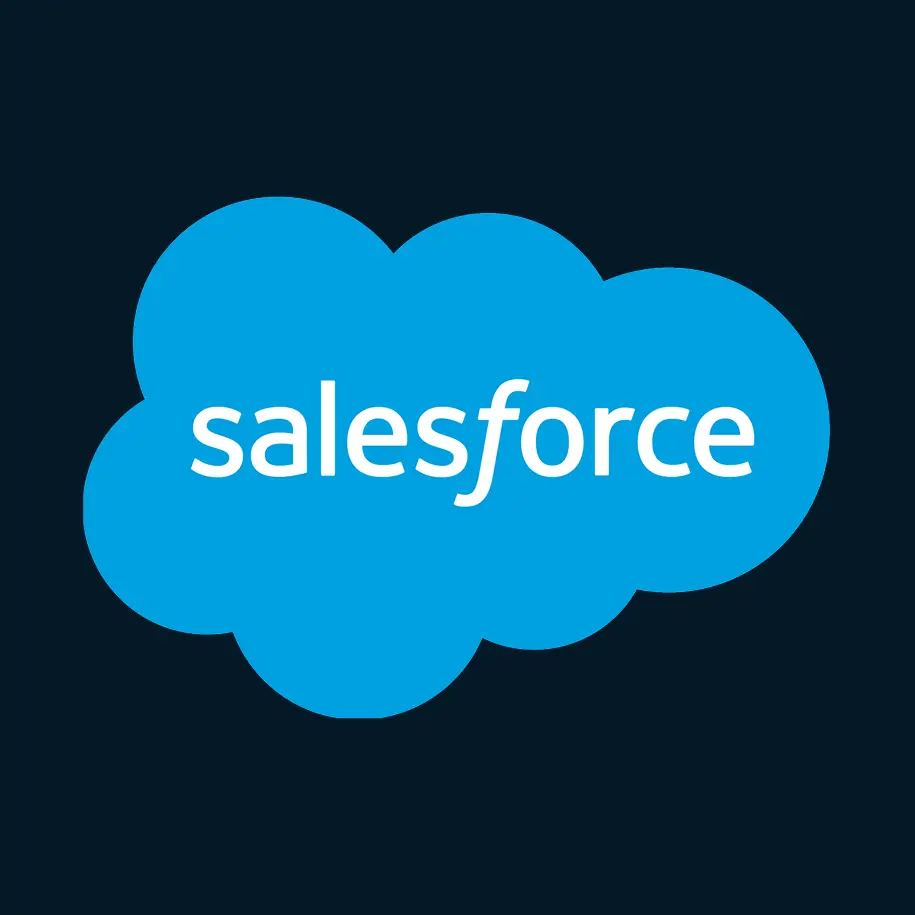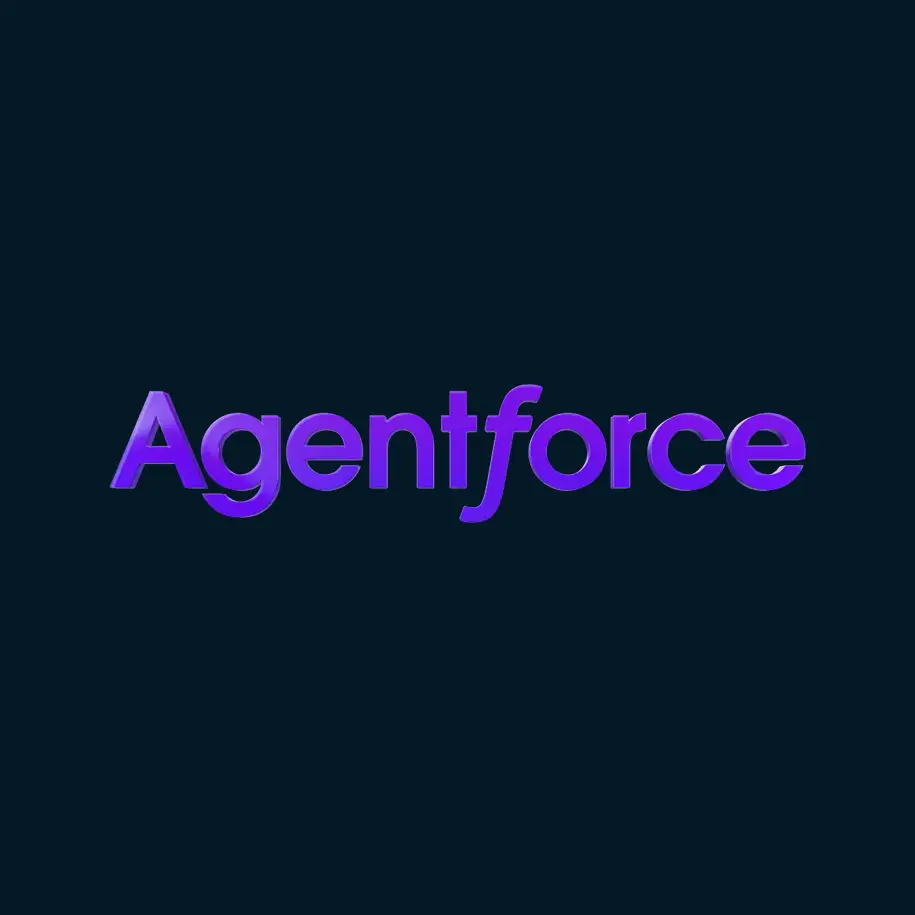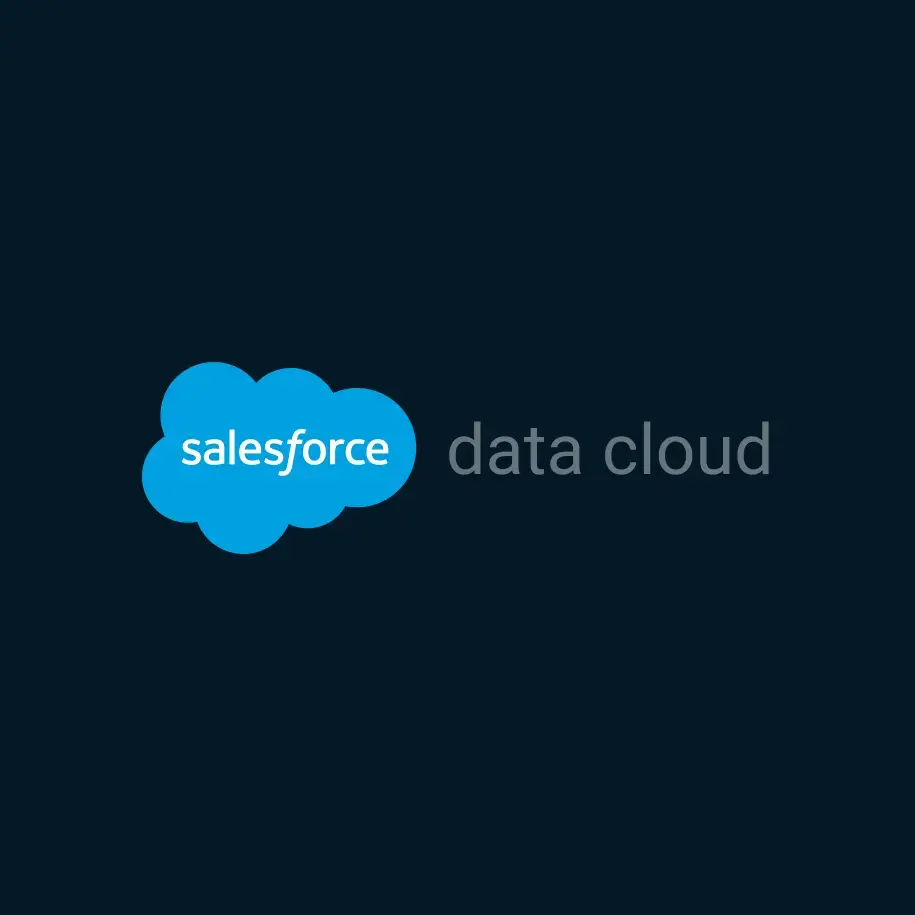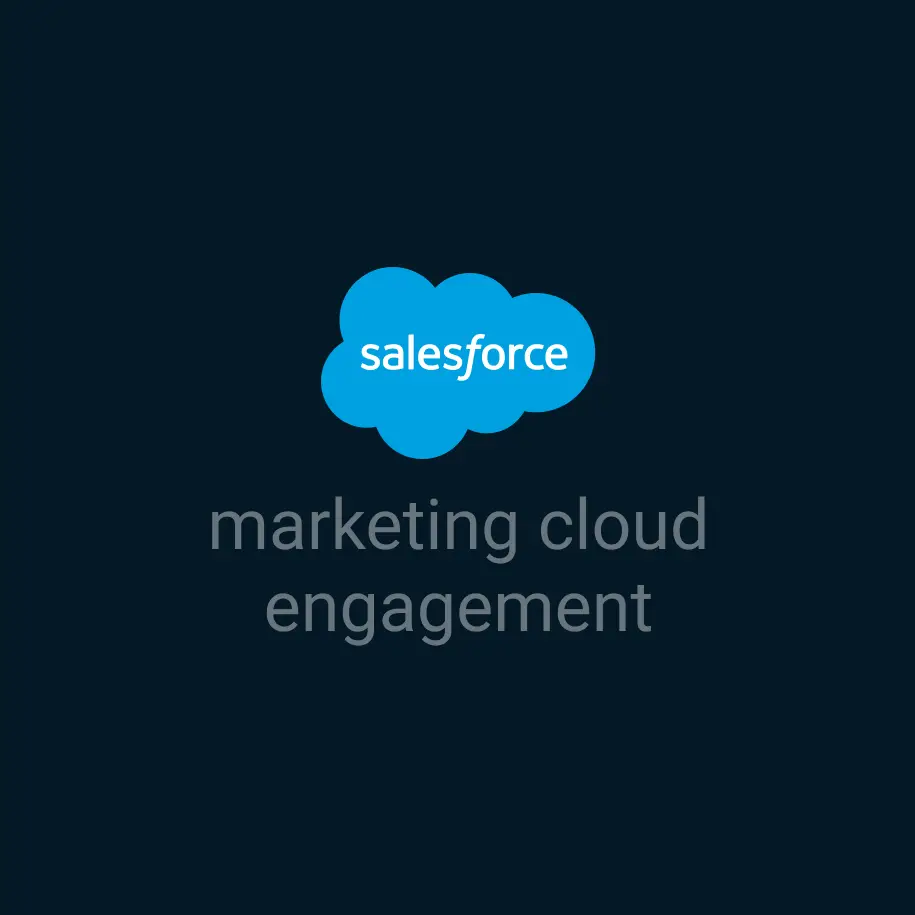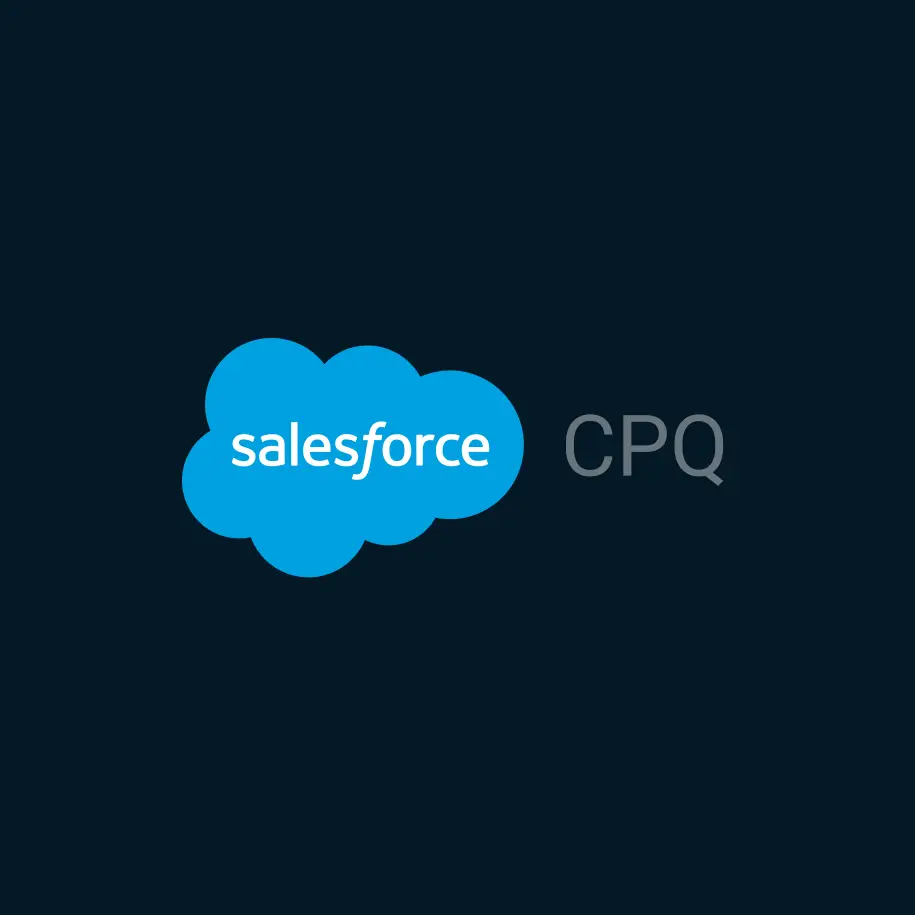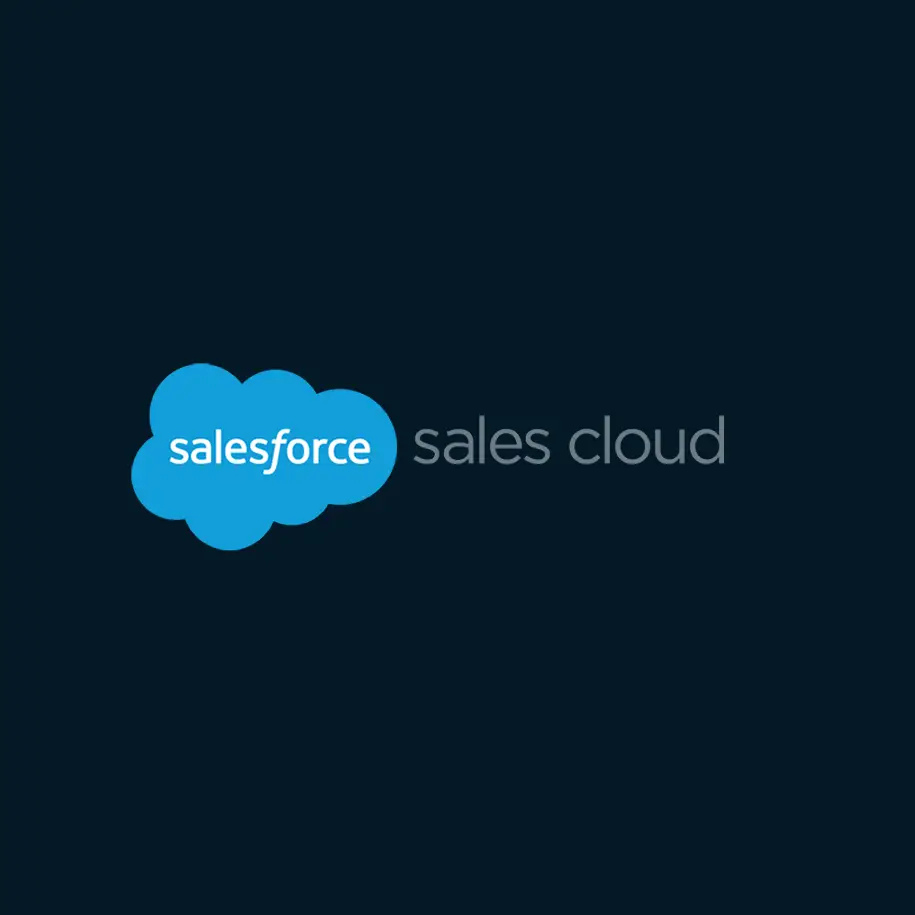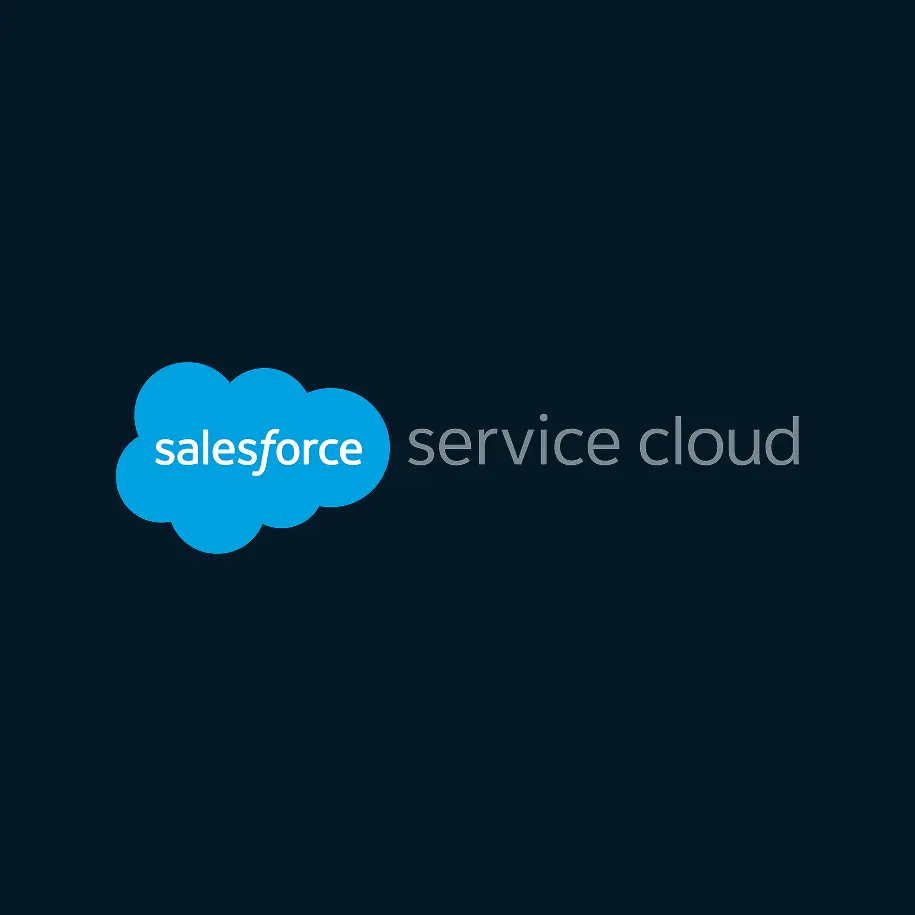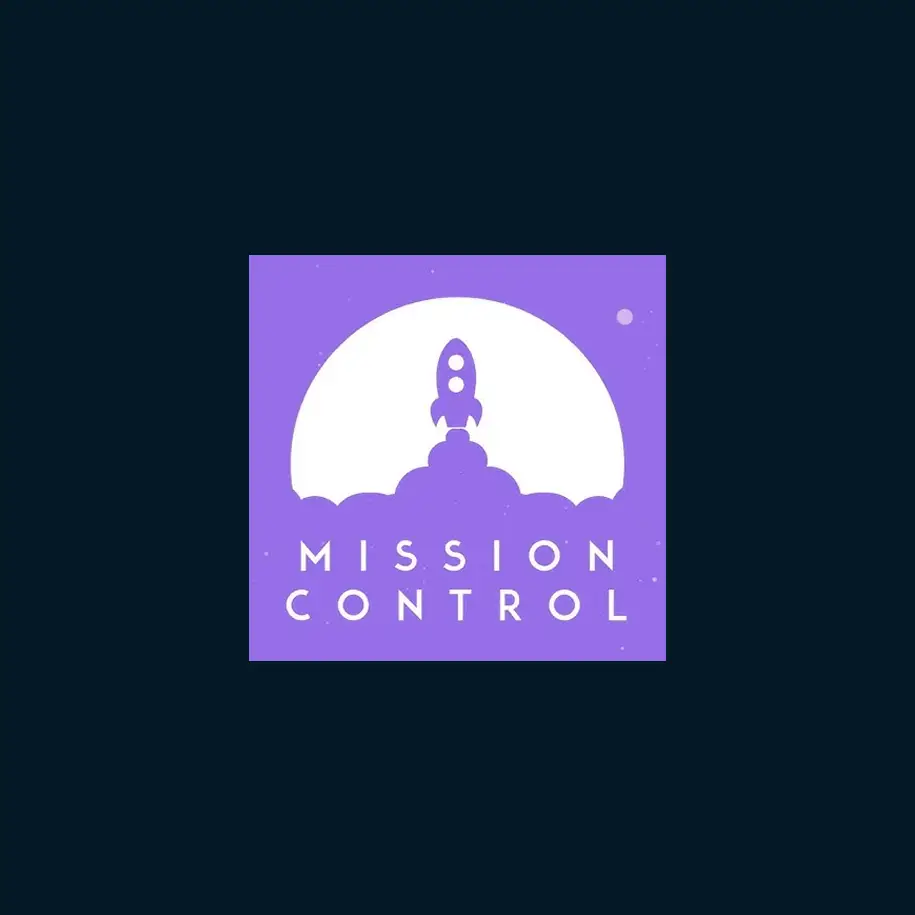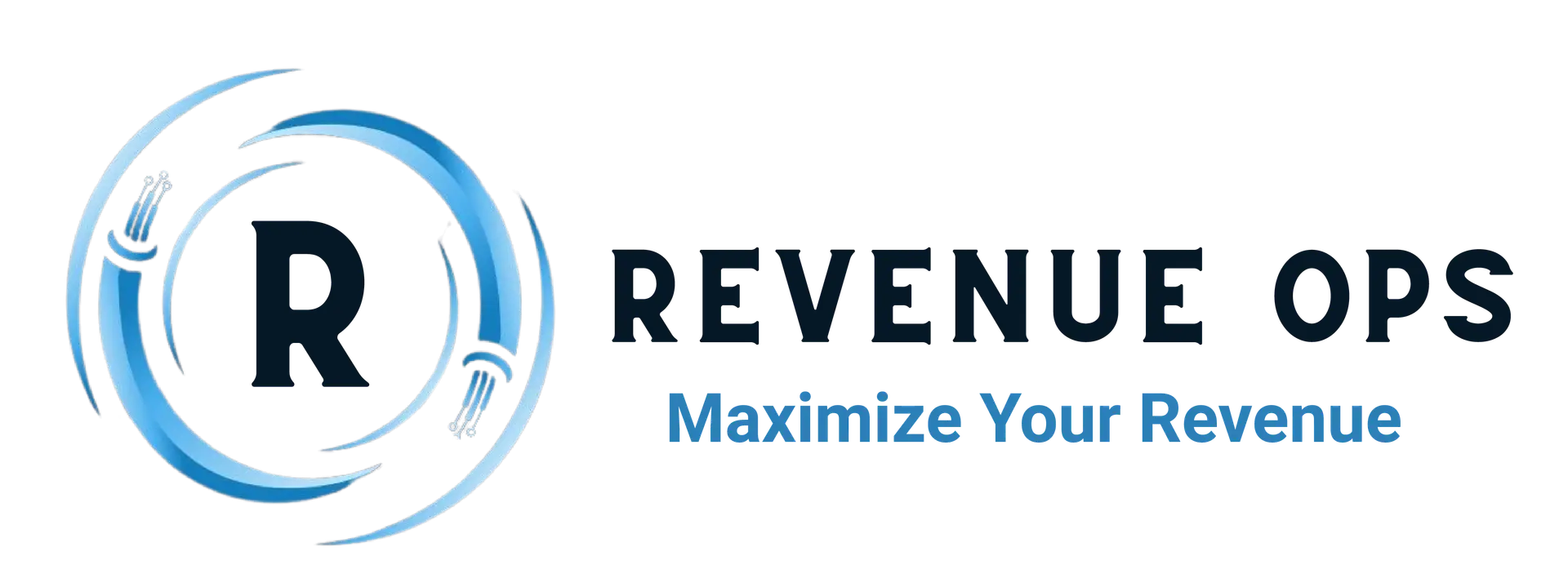
5 Signs You Need a Salesforce Implementation Partner
Salesforce is the #1 CRM platform in the world—and for good reason. It’s flexible, powerful, and scalable, with tools to support everything from lead management and marketing automation to customer service and analytics. But as many growing companies discover, implementing Salesforce effectively isn’t as simple as clicking a few buttons.
In fact, poorly executed implementations are one of the top reasons businesses struggle with low user adoption, disjointed systems, and wasted CRM investment. That’s where a Salesforce implementation partner comes in.
Whether you’re launching Salesforce for the first time or trying to rescue a stalled rollout, here are five key signs you need expert help from a Salesforce partner—before it’s too late.
1. You’re Overwhelmed by Configuration Options
When you log into Salesforce Setup for the first time, it’s like standing in the cockpit of a jet. Sure, it can take you places—but which buttons do what?
Salesforce is infinitely customizable. That’s a strength and a curse. You can define custom objects, build complex automation with Flow Builder, configure layouts, and more. But without a clear strategy, teams often get stuck or waste time building features that don’t serve real business goals.
A Salesforce implementation consultant helps you:
- Align CRM capabilities with your business model
- Define the right objects, relationships, and automations
- Establish a scalable architecture from day one
Instead of guessing, you get a data-backed, industry-informed setup that’s built to evolve with your business.
2. You Don’t Have In-House Salesforce Experts
Even the most tech-savvy teams often underestimate what it takes to implement Salesforce the right way. Admin certifications, data modeling knowledge, security architecture, Apex coding—these aren’t things you can pick up overnight.
Without proper experience, internal teams can misconfigure essential components like:
A Salesforce Certified Partner brings a team of specialists: admins, developers, architects, and consultants who work together to deliver a cohesive, strategic implementation.
If you’re deploying multiple products—like Sales Cloud, Service Cloud, or Marketing Cloud—their expertise becomes even more essential.
3. Your CRM Project Is Stuck in Planning Mode
It’s easy to get trapped in “research hell.” Maybe you’ve downloaded implementation checklists, taken Trailhead courses, or even started a few flows—but nothing’s gone live.
This is a clear sign your team needs outside accountability and execution support.
A Salesforce consulting partner will:
- Create a realistic implementation timeline
- Define and prioritize MVP features
- Guide you through sprint-based development
- Ensure progress through consistent delivery
With the right team in place, you’ll stop spinning your wheels and start seeing business impact.
4. You’re Struggling to Integrate Salesforce with Other Systems
Your CRM should be the central nervous system of your business—not an island. But integrating Salesforce with tools like HubSpot, Zendesk, QuickBooks, or your ERP platform is easier said than done.
Some signs you’re due for expert integration help:
- Sales reps are manually re-entering data
- Marketing and sales platforms don’t sync leads
- Finance can’t align quotes and billing
- You can’t report on the full customer journey
A Salesforce implementation partner can design and build custom integrations using tools like MuleSoft, Salesforce APIs, or native connectors—ensuring your systems work as one.
This improves data accuracy, workflow efficiency, and real-time analytics.
5. User Adoption Is Low (Or Nonexistent)
A Salesforce implementation isn’t successful unless people actually use it.
Unfortunately, many businesses launch Salesforce with the best of intentions—only to find their teams reverting to spreadsheets or avoiding the CRM entirely.
Signs of poor user adoption include:
- Incomplete records
- Low login frequency
- Negative feedback from reps
- Workarounds like Google Sheets
Implementation partners build with the end-user in mind. From intuitive Lightning layouts, to simplified flows, to personalized training plans—they help your team want to use Salesforce. That’s the real key to long-term ROI.
Bonus: You Want to Maximize ROI from Salesforce
Let’s be honest—Salesforce isn’t cheap. But when implemented correctly, it becomes one of the highest-ROI tools in your tech stack.
A strong implementation partner helps you:
- Define CRM success metrics
- Automate manual processes
- Drive visibility across sales and service
- Create exec dashboards that inform strategy
By aligning your CRM setup with real-world goals, your organization gets more than just a working system—you get a growth engine.
Final Thoughts: When to Hire a Salesforce Implementation Partner
If you’ve recognized your business in any of these signs, you’re not alone. Many organizations hit these exact roadblocks on their Salesforce journey.
The good news? A trusted partner can get you unstuck—and unlock the true power of Salesforce. From strategic planning to technical implementation, user training to ongoing support, a partner ensures you get value from Day One.
Ready to Talk to a Partner?
Whether you’re launching Salesforce for the first time or trying to clean up a messy implementation, the right partner makes all the difference.
